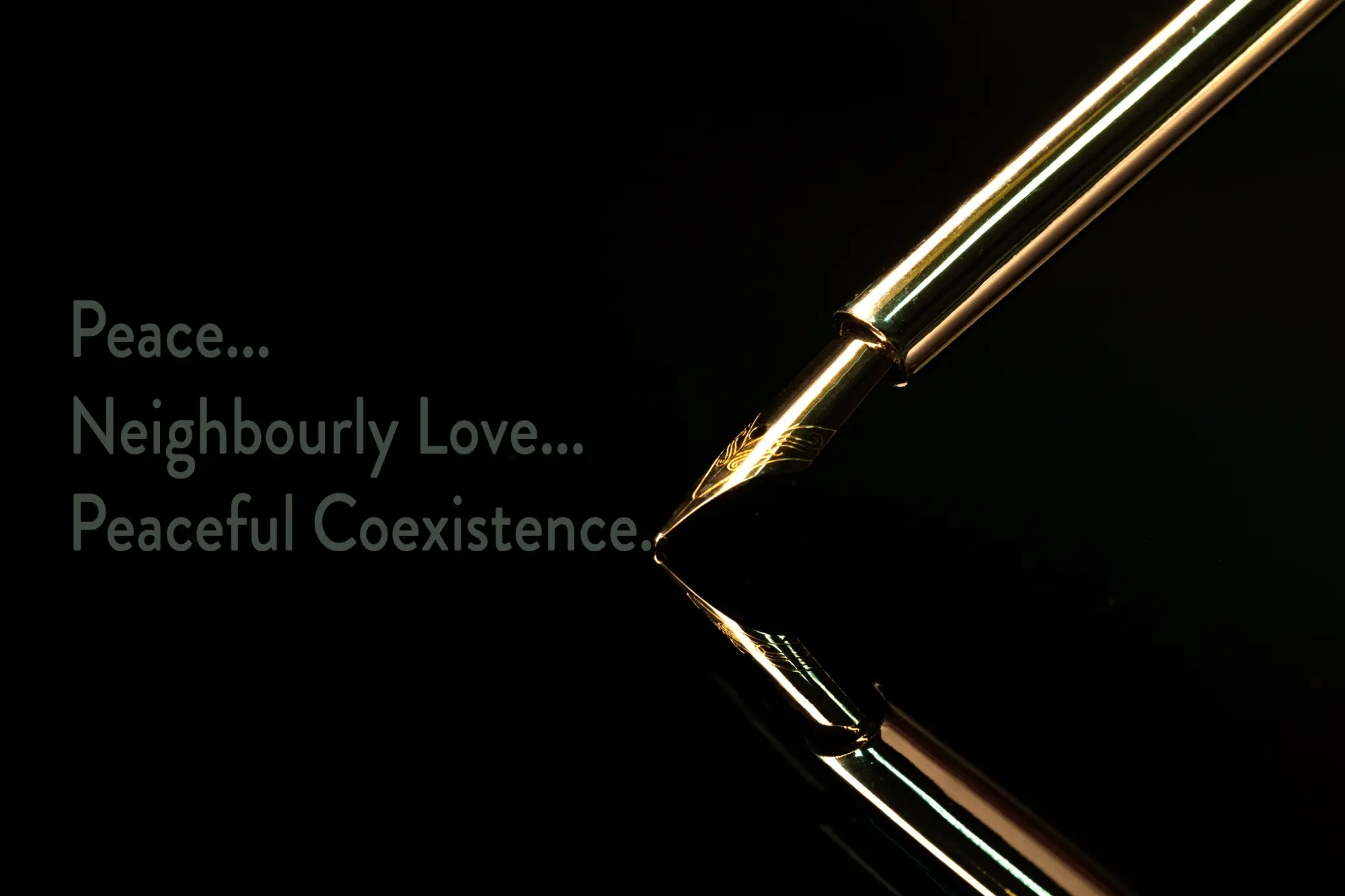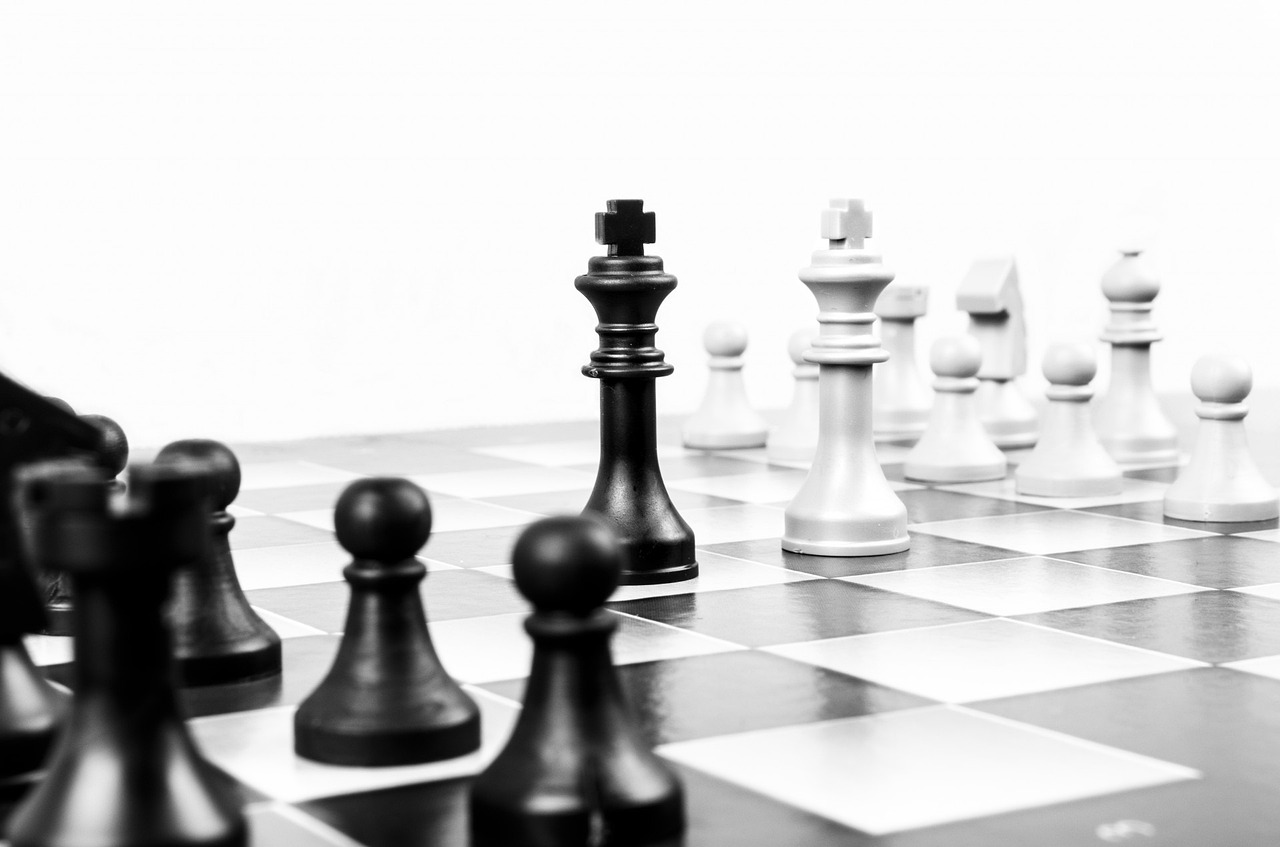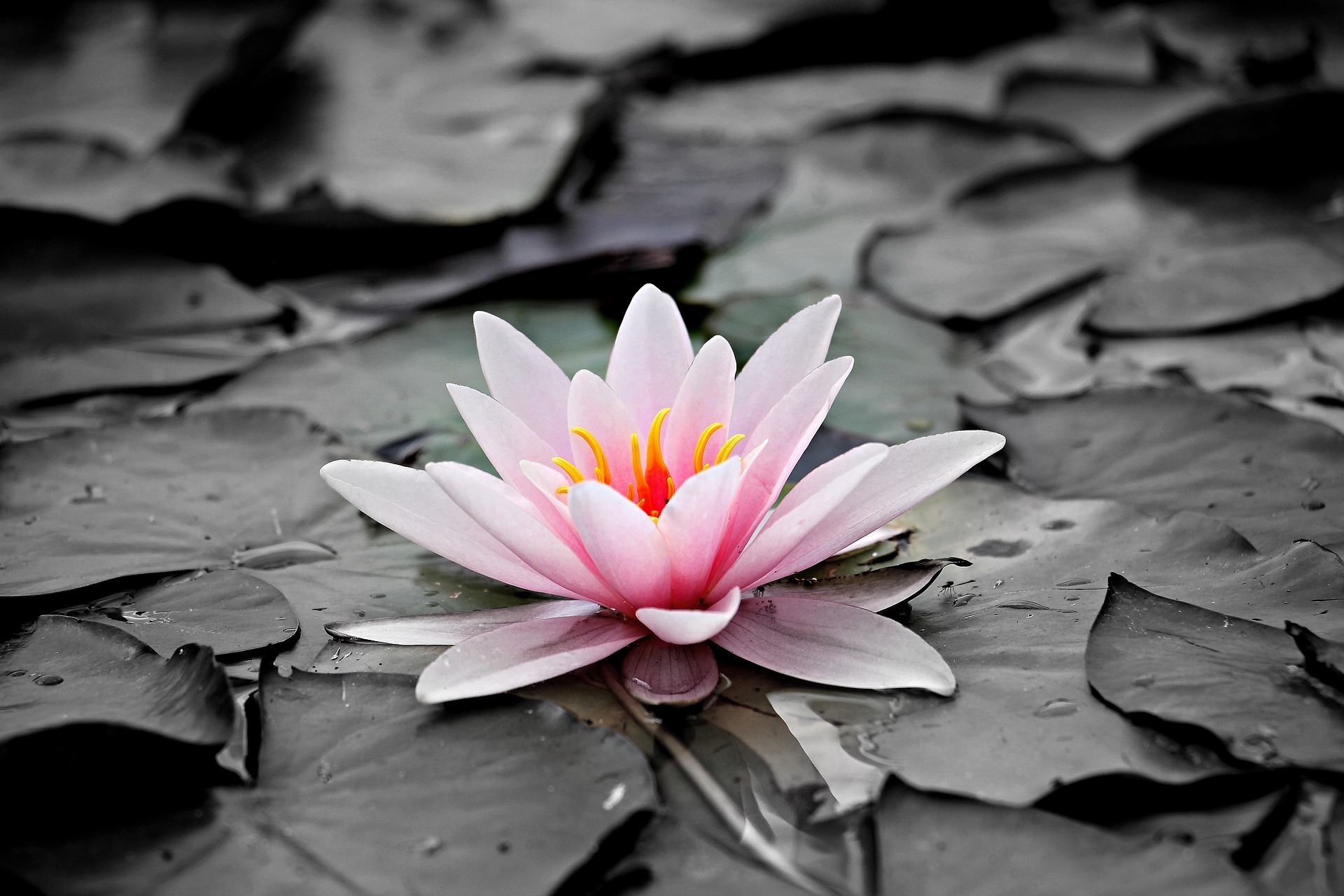
They say, I mentioned this a while ago, that the emperor Nero of ancient Rome was supposed to be silly; not to say — mad. He was suspected for ages to have set fire to Rome in order to watch it go under in ‘supreme’ flames… and to play the lute as accompaniment.
I wonder, if he was… more recent findings seem to indicate that he couldn’t have burned a whole city because it would have meant literally hundreds of helpers, who would have been too hard to find…even in those times.
Whichever the case was exactly:
Facts are: Rome burnt that day.
And Trump is on his way to do the same. Just a little more modern and true to dictators’ forms: He has bought himself some followers and supporters.
And during his first time in office he already replaced four of the total of nine Supreme Court Justices. So he also has bought himself some justices…
Which makes for ‘smooth sailing’ now.
Another win (‘surprise surprise surprise’…) in front of it: Although he already is a convicted felon on 34 counts ruled guilty in front of a yet existent and legal court of law of the United States of America he not only has been voted (even if it was indeed a very close shave) for the office of president.
He also does everything he can to heap atrocity on outrage, one after another: Supporting people like Netanyahu in Israel who has set Gaza strip and West Bank ‘on fire’. Torturing and killing people on the pretense that it is the terrorists of the Hamas he is trying to hit…
Being on best terms with Putin in Russia, although claiming the contrary.
Power corrupts, apparently. Money does too, some people at least.
Trump knows how to wield terror and use his money to extort and blackmail and bully – true to form. It’s his life’s story. I wonder how dreadfully empty inside he must feel at times – forcing people around him to lie and lick his boots.
“The Picture of Dorian Gray”, by Oscar Wilde, comes to mind.
It even appears that at the moment the threat of Putin to the EU has done what nothing else could more effectively do, so they both get what they want:
Via Trump Putin gets Ukraine.
Via Putin’s apparent threats NATO and EU lick Trump’s boots who can pose as the saviour, and on the side is ‘making the weapon industry’ heaps of money.
Lo and behold: There are still horror stories out there…
‘Denver Clan’ and ‘Dallas’ revisited…
Would that person called Trump be really pitiful, because a half-wit, unable to grasp facts, or actually disturbed in mind, that would be different.
But he is perfectly capable to see the ‘light’ of sense and clear thought. And refuses to do so… And that is his own doing and his own fault.
He is not to be pitied.
In ancient times there was a story of a king, who was cruel, selfish and lawless. Who had a virgin brought to his bedside every night, to revenge himself — from disappointed love, on all womankind — and had each of them killed the next morning.
Scheherazade one day made her father bring her to the throne and started to tell stories to the king. Each she left unfinished so he would be curious for the next night and the ending of that story. When she started another one. After 1001 nights and 1000 stories he let her stay alive and married her, being a more wise and kind king than any before him.
The story not only makes it clear that ‘love’s way to a man’s heart actually is not through the stomach’ — but his mind. As true love always is.
It also and in vivid colours shows that true understanding, grace and wisdom comes from education and empathy.
By the knowledge that no man or woman is alone or actually can exist on their own on this planet. And that we should at some point learn where true calm and serenity and thus happiness lies:
In self-respect which in turn generates respect and even liking for your fellow man — as well as woman.








